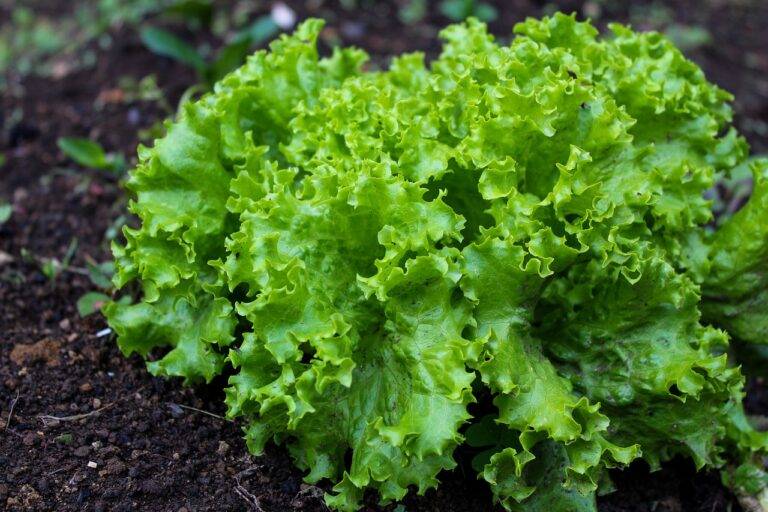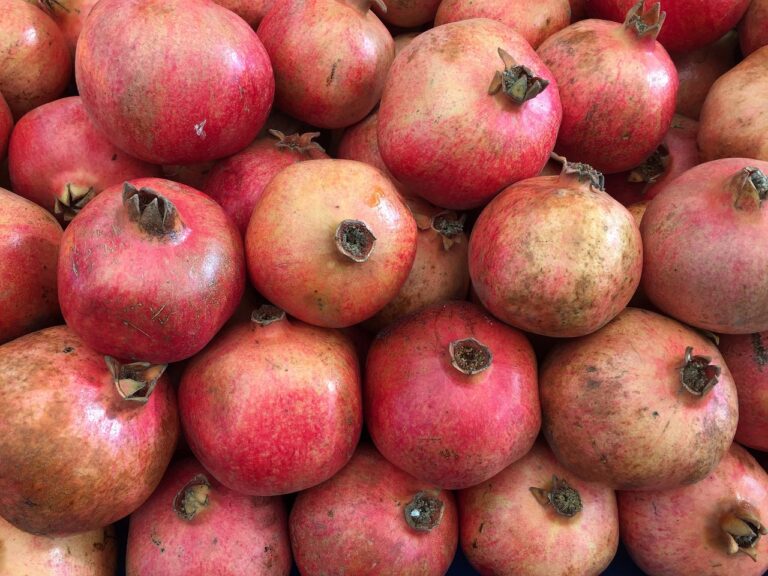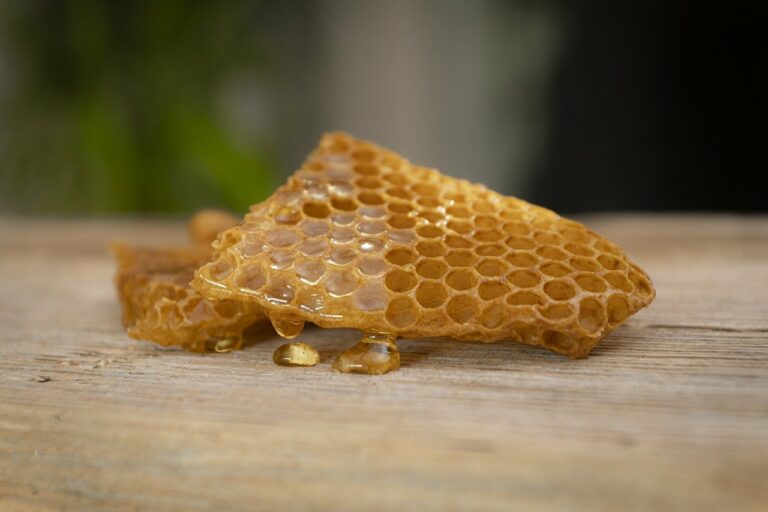Spotlight on Eco-Friendly Lobster Farming for Protein Bar Ingredients: 11xplay, Laser 247.com, Skylivecasino login
11xplay, laser 247.com, Skylivecasino Login: Spotlight on Eco-Friendly Lobster Farming for Protein Bar Ingredients
Are you a fan of protein bars but concerned about the impact of their ingredients on the environment? Look no further than eco-friendly lobster farming for a sustainable solution. Lobster farming has gained popularity in recent years as a more environmentally friendly way to source protein for various food products, including protein bars.
In this article, we’ll delve into the world of eco-friendly lobster farming and explore how this innovative approach can benefit both the environment and consumers looking for sustainable protein sources.
Understanding Eco-Friendly Lobster Farming
Eco-friendly lobster farming involves raising lobsters in a controlled environment, such as indoor tanks or outdoor ponds, rather than relying on wild-caught lobster populations. This method helps conserve wild lobster stocks and reduces the impact of traditional lobster fishing on marine ecosystems.
By farming lobsters in a sustainable and environmentally responsible manner, producers can ensure a stable and consistent supply of high-quality lobster meat for various food products, including protein bars. This approach also helps promote animal welfare by providing lobsters with optimal living conditions and minimizing stress during the farming process.
Benefits of Eco-Friendly Lobster Farming for Protein Bars
There are several benefits to using lobster meat from eco-friendly farms as an ingredient in protein bars. First and foremost, lobster is a rich source of high-quality protein, making it an excellent addition to protein-packed snacks like protein bars. Lobster meat is also low in fat and calories, making it a healthy and nutritious choice for consumers seeking balanced and wholesome protein sources.
Furthermore, eco-friendly lobster farming practices help reduce the environmental impact of traditional lobster fishing, such as bycatch and habitat destruction. By sourcing lobster meat from sustainable farms, food manufacturers can support conservation efforts and promote responsible seafood consumption.
In addition to its nutritional value and environmental benefits, lobster meat adds a unique and savory flavor to protein bars, making them a delicious and satisfying snack option for consumers. Whether you’re looking for a post-workout refuel or a midday pick-me-up, lobster protein bars offer a tasty and protein-rich alternative to conventional snacks.
Exploring the Future of Eco-Friendly Lobster Farming
As consumer demand for sustainable and ethically sourced food products continues to grow, the future of eco-friendly lobster farming looks promising. By investing in innovative farming techniques and technologies, producers can scale up their operations while maintaining a high standard of environmental stewardship.
Innovations such as recirculating aquaculture systems and marine bioremediation techniques are helping lobster farmers reduce their environmental footprint and enhance the sustainability of their operations. These advancements pave the way for a more eco-friendly and transparent seafood supply chain, ensuring that consumers can make informed choices about the products they purchase.
FAQs About Eco-Friendly Lobster Farming for Protein Bar Ingredients
Q: Is lobster farming a sustainable alternative to traditional lobster fishing?
A: Yes, eco-friendly lobster farming helps conserve wild lobster stocks and reduce the environmental impact of traditional fishing practices.
Q: Are lobster protein bars a healthy snack option?
A: Yes, lobster meat is a rich source of protein and low in fat, making it a nutritious choice for protein bars.
Q: How can consumers support eco-friendly lobster farming?
A: Consumers can look for products made with sustainable seafood ingredients, such as lobster meat from eco-friendly farms. By choosing responsibly sourced foods, consumers can help promote sustainable practices in the food industry.
Q: Are there any flavor variations of lobster protein bars available?
A: While traditional lobster protein bars are savory and meaty, some manufacturers may offer flavor combinations with spices, herbs, or other ingredients to enhance the taste profile of the bars.
Q: What certifications should consumers look for when purchasing eco-friendly lobster products?
A: Consumers should look for certifications such as the Marine Stewardship Council (MSC) or Aquaculture Stewardship Council (ASC) to ensure that the lobster products they purchase come from sustainable and environmentally responsible sources.
Q: Are there any potential challenges associated with eco-friendly lobster farming?
A: Like any farming practice, eco-friendly lobster farming may face challenges such as disease outbreaks, environmental fluctuations, and regulatory constraints. However, ongoing research and development in the aquaculture industry aim to address these challenges and improve the sustainability of lobster farming practices.
In conclusion, eco-friendly lobster farming offers a sustainable and environmentally responsible solution for sourcing protein ingredients for products like protein bars. By supporting innovative farming practices and conscious consumer choices, we can contribute to a more sustainable and ethical food system. Whether you’re a fitness enthusiast, a foodie, or an advocate for environmental conservation, eco-friendly lobster farming provides a delicious and nutritious option for your protein bar cravings.







